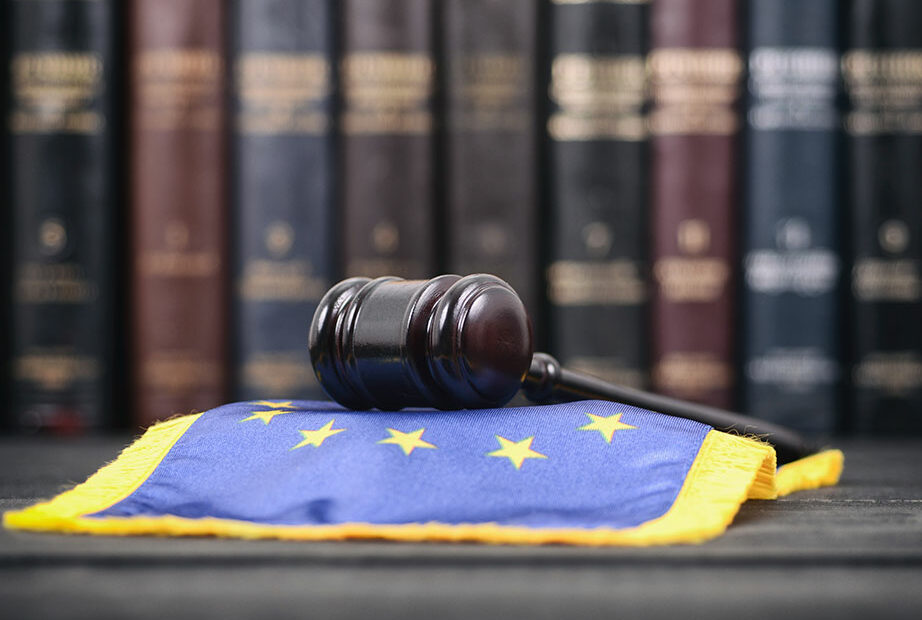Whistleblowing should be regulated internally - no generalised legal requirements!

©AdobeStock Daniel Beckemeier
The term whistleblowing refers to the information of third parties by employees about grievances they learn about at their workplace. On 16 December 2019, the so-called Whistleblowing Directive came into force. This must be implemented in national law by 17 December 2021. With the Whistleblowing Directive, the EU legislator wants to ensure that people who report a violation of the law can be confident that they can express this concern without having to fear reprisals. The directive must be implemented with a sense of proportion.
It is in the interest of companies to detect and eliminate errors at an early stage. For this reason, many companies already have internal whistleblowing facilities. In addition, there are statutory regulations on the reporting of malpractice in companies. These include § 17 ArbSchG and §§ 84, 85 BetrVG. In particular, the prohibition of measures regulated in § 612a of the German Civil Code (BGB) ensures sufficient protection for whistleblowers. The Federal Labour Court has also established important guidelines as to the cases in which employees are entitled to report to third parties.
The Whistleblowing Directive requires companies with 50 or more employees to establish internal reporting channels and procedures for dealing with whistleblowers. The well-balanced system for the protection of whistleblowers - particularly in employment law - must not be impaired by the transposition of the Directive into German law. The Directive only mentions breaches of the law. In the case of whistleblowing, the motivation of the employee is a decisive element in the case law of the Federal Labour Court, and rightly so.
In principle, the internal complaints channel must always be followed first. In this context, companies must be able to decide for themselves how to set up the reporting channels. In German labour law, there is a well-balanced system for the protection of persons exercising their rights in a permissible manner. In its decision of 21 July 2011, the European Court of Human Rights (ECtHR) basically approved the previous case law and the applicable legal situation in Germany and confirmed the priority of internal clarification as well as the possibility of sanctions for abusive or frivolous reporting.









